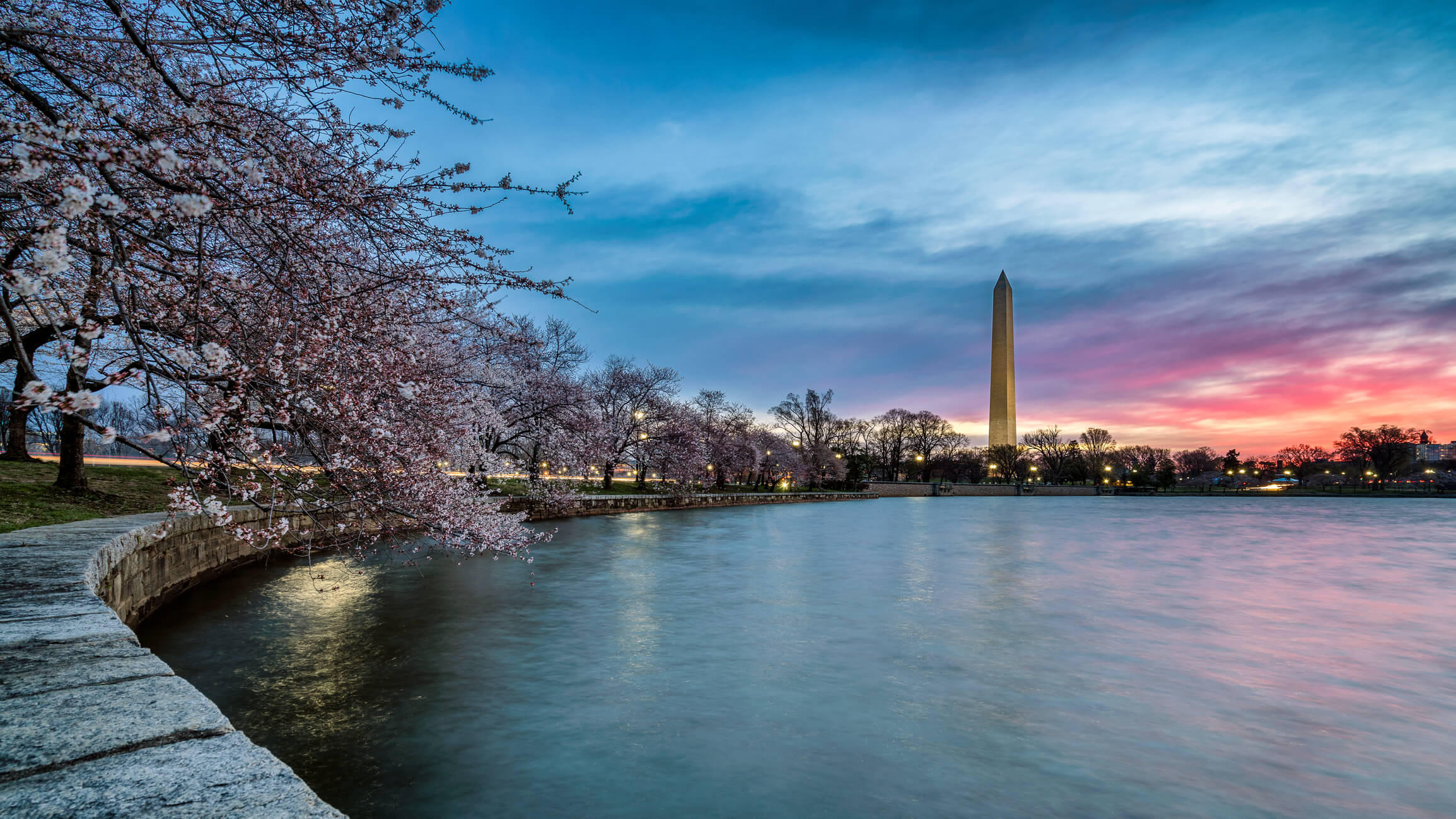Wilcox Reinstatement Legal Back-and-Forth Keeps Her Off the NLRB. For Now. For the second time in a matter of weeks, Gwynne Wilcox was poised to return as a member of the National Labor Relations Board (NLRB). Until she wasn’t. Here is what happened this week. On April 7, the full U.S. Court of Appeals for the District of Columbia Circuit vacated a three-panel decision that upheld Wilcox’s termination while the litigation challenging her removal proceeds. This decision would have allowed Wilcox to return to the Board. However, Supreme Court Chief Justice John Roberts subsequently stayed the initial district court order that had returned Wilcox to the Board. All of this procedural back-and-forth means that Wilcox will remain off the NLRB for the time being. As the Buzz has been predicting, ultimately, the Supreme Court of the United States will determine whether the president can remove members of independent federal agencies that operate as boards and commissions.
Samuels Sues. Jocelyn Samuels, who President Donald Trump removed from her position as commissioner on the U.S. Equal Employment Opportunity Commission (EEOC) in January 2025, has filed a legal challenge to her removal. Samuels, who was first appointed to the EEOC in 2020 by President Trump, maintains that “the EEOC’s structure, mission, and functions, along with the terms set for Commissioners, demonstrate Congress’s intent to provide the Commission continuity, stability, and insulation from political pressure exerted by the president.” Former chair of the Commission, Charlotte Burrows, has also filed a lawsuit challenging her removal. Currently, the Commission consists of Acting Chair Andrea Lucas and Commissioner Kalpana Kotagal.
Administration Seeks Quick Repeal of “Unlawful” Regulations. As a follow-up to his February 19, 2025, Executive Order 14219 (“Ensuring Lawful Governance and Implementing the President’s ‘Department of Government Efficiency’ Deregulatory Initiative”), this week, President Trump issued a memorandum instructing executive branch agencies to “take steps to effectuate the repeal of any regulation, or the portion of any regulation, that clearly exceeds the agency’s statutory authority or is otherwise unlawful.” According to the memorandum, agencies should prioritize regulations that conflict with ten prescribed Supreme Court decisions (all issued in 2020 or later), including Loper Bright Enterprises v. Raimondo,Securities and Exchange Commission v. Jarkesy, and Students for Fair Admissions, Inc. v. President and Fellows of Harvard College. The memorandum further instructs agencies, when repealing such regulations, to proceed under the “good cause” exemption of the Administrative Procedure Act, which allows agencies to bypass the normal “notice and comment” process.
House Passes Bill Limiting Nationwide Injunctions. On April 9, 2025, the U.S. House of Representatives passed the No Rogue Rulings Act of 2025, by a vote of 219–213. Only one Republican—Michael R. Turner of Ohio—joined with all Democrats to vote against the bill. The bill would prohibit federal district courts from issuing injunctions that apply beyond the parties to the case, except in multistate challenges. Of course, federal district court nationwide injunctions blocked the implementation of the Obama administration’s 2016 persuader and overtime rules, as well as the NLRB’s 2023 joint employer rule, and the U.S. Department of Labor’s (DOL) 2024 overtime rule.
House Committee Explores College Athletes’ Employment Status. On April 8, 2025, the House Committee on Education and the Workforce’s Subcommittee on Health, Employment, Labor, and Pensions held a hearing entitled, “Game Changer: The NLRB, Student-Athletes, and the Future of College Sports.” The hearing focused on the changing landscape of college athletics, and specifically explored the question of whether college athletes should be considered employees. Republicans maintained that college athletes are students and promoted the Protecting Student Athletes’ Economic Freedom Act, which would prohibit student-athletes from being classified as employees while retaining the ability to benefit from their name, image, and likeness.
FMCS: And Then There Were Four? It has been several weeks since the Trump administration effectively dismantled the Federal Mediation and Conciliation Service (FMCS), and the fate of the labor dispute-settling agency is now coming into clearer focus. This week, it was reported that the agency is down to just four employees. According to FMCS data, last year, the agency helped mediate more than 2,000 collective bargaining negotiations.
RIFs at DOL, USCIS. According to media reports, this week, Secretary of Labor Lori Chavez-DeRemer offered more DOL employees the opportunity to resign or retire as part of the administration’s efforts to shrink federal government agencies. This offer was reportedly made ahead of expected layoffs at the agency. Employees at U.S. Citizenship and Immigration Services (USCIS) reportedly received a similar offer. In February 2025, about fifty USCIS employees were separated as part of a broader purge at the U.S. Department of Homeland Security (DHS). At this time, it is unclear how reductions in force (RIFs) at DOL might impact the department’s rulemaking and enforcement agenda. On the other hand, RIFs at USCIS are very likely to result in backlogs and delayed processing times.
“Time Stand Still.” This week, the U.S. Senate Committee on Commerce, Science, and Transportation held a hearing entitled, “If I Could Turn Back Time: Should We Lock the Clock?” We are happy to Cher the details. The hearing dealt with a bit of an evergreen topic here at the Buzz: Congress’s role in setting time policy (we’ve previously discussed the issue here and here). Specifically, the hearing focused on legislation that would make daylight savings time permanent in the United States. Proponents of the concept maintain that making daylight savings time permanent leads to increased economic activity, more time for exercise, and safer roads. Opponents claim that such a move would push sunrise to after 8:00 a.m. in many parts of the country, leading to circadian misalignment and reduced health outcomes. While experts and laypeople alike can debate the pros and cons of the issue, our senators clearly have an opinion: in 2022, the Senate passed the Sunshine Protection Act (making daylight savings time permanent) by unanimous consent.
The Buzz will be on hiatus next week but will publish again on April 25, 2025.





